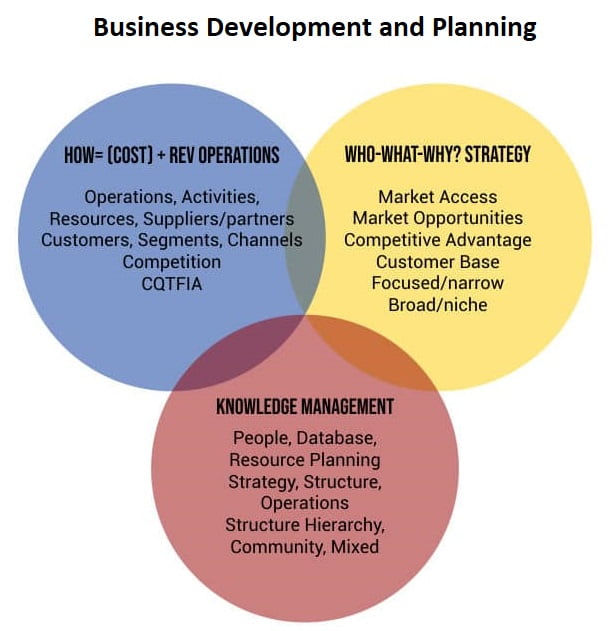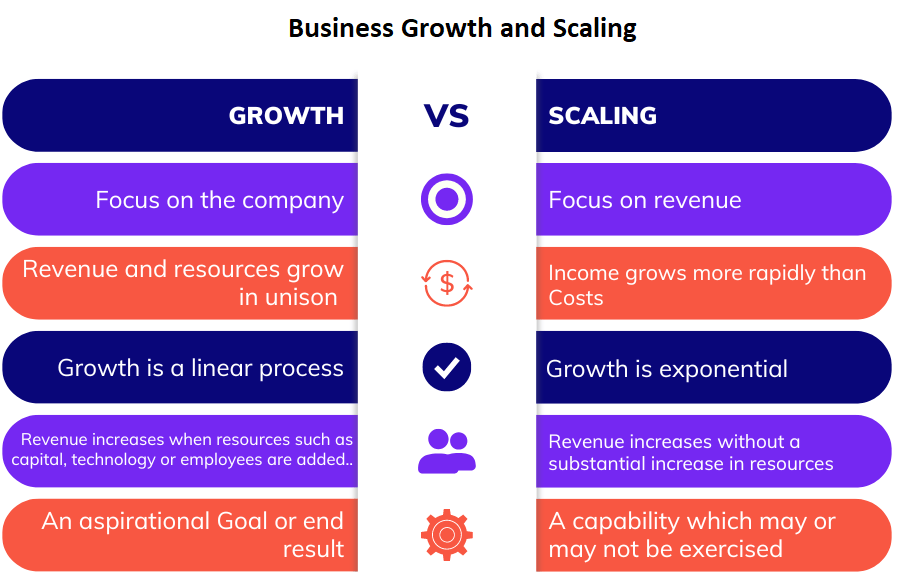Introduction: Launching a startup business is a dynamic and multifaceted process that unfolds through various stages. Each stage presents unique challenges and opportunities, and understanding them is crucial for entrepreneurs to navigate their startup journey successfully. In this blog post, we will explore the different stages of a startup business and discuss their importance in building a strong foundation for long-term success.
- Idea Generation and Validation: At the initial stage, entrepreneurs brainstorm and generate ideas for their startup. They identify a problem or need in the market and develop a concept to address it. Validating the idea through market research, customer feedback, and industry analysis is essential. This stage sets the groundwork for the entire startup journey, ensuring that there is a viable market for the product or service.

Importance: Idea validation minimizes the risk of investing time and resources into an idea that may not gain traction. It allows entrepreneurs to refine their concept, identify potential challenges, and make informed decisions before proceeding to the next stages.
- Development and Planning: Once the idea is validated, entrepreneurs move into the development and planning stage. They create a comprehensive business plan that outlines their vision, mission, target market, competitive analysis, marketing strategies, and financial projections. This stage involves structuring the startup’s operations, defining its value proposition, and formulating a roadmap for execution.

Importance: A well-developed business plan serves as a guide for the entrepreneur and helps secure funding from investors. It provides a clear direction for the startup, aligns stakeholders, and establishes the foundation for effective decision-making and resource allocation.
- Startup Funding: Securing adequate funding is a critical stage for startups. Entrepreneurs explore various funding options, such as bootstrapping, angel investors, venture capital, crowdfunding, or loans. They present their business plan and pitch their idea to potential investors, aiming to secure the necessary capital to fuel their growth.

Importance: Sufficient funding is vital for startups to cover their initial expenses, develop their product or service, and sustain operations until they generate revenue. It provides the necessary resources to hire talent, acquire technology, conduct marketing campaigns, and expand the business.
- Product Development and Launch: In this stage, startups focus on developing their product or service. They transform their idea into a tangible offering, leveraging technology, design, and innovation. The product development stage involves prototyping, testing, refining, and iteratively improving the minimum viable product (MVP). Finally, the startup launches its product or service into the market.

Importance: A well-designed and developed product or service is crucial for attracting early customers, generating initial revenue, and gaining market traction. Launching the product marks the beginning of the startup’s journey to validate its market fit and gather valuable customer feedback for future iterations.
- Growth and Scaling: After successfully launching the product, startups shift their focus to scaling and growing their operations. This stage involves expanding customer acquisition efforts, building brand awareness, optimizing operational efficiency, and increasing market share. Startups explore new markets, introduce new features or product lines, and invest in marketing and sales to achieve sustainable growth.

Importance: Sustainable growth is essential for a startup’s long-term success. This stage allows startups to leverage their initial success and customer base to attract more customers, increase revenue, and establish themselves as a competitive player in the market.
- Maturity and Expansion: Once a startup reaches maturity, it aims to solidify its position in the market and explore further expansion opportunities. This stage involves diversifying revenue streams, scaling operations, entering new markets, forming strategic partnerships, and potentially considering mergers or acquisitions.

Importance: The maturity and expansion stage enables startups to capitalize on their success and maximize their potential. It allows them to explore new avenues for growth, increase profitability, and create long-term value for stakeholders.
Conclusion: Understanding the different stages of a startup business is crucial for entrepreneurs to navigate their journey effectively. Each stage presents unique challenges and opportunities, and entrepreneurs must adapt their strategies accordingly. By recognizing the importance of each stage and investing time, effort, and resources strategically, startups can build a solid foundation for sustainable growth and long-term success.

